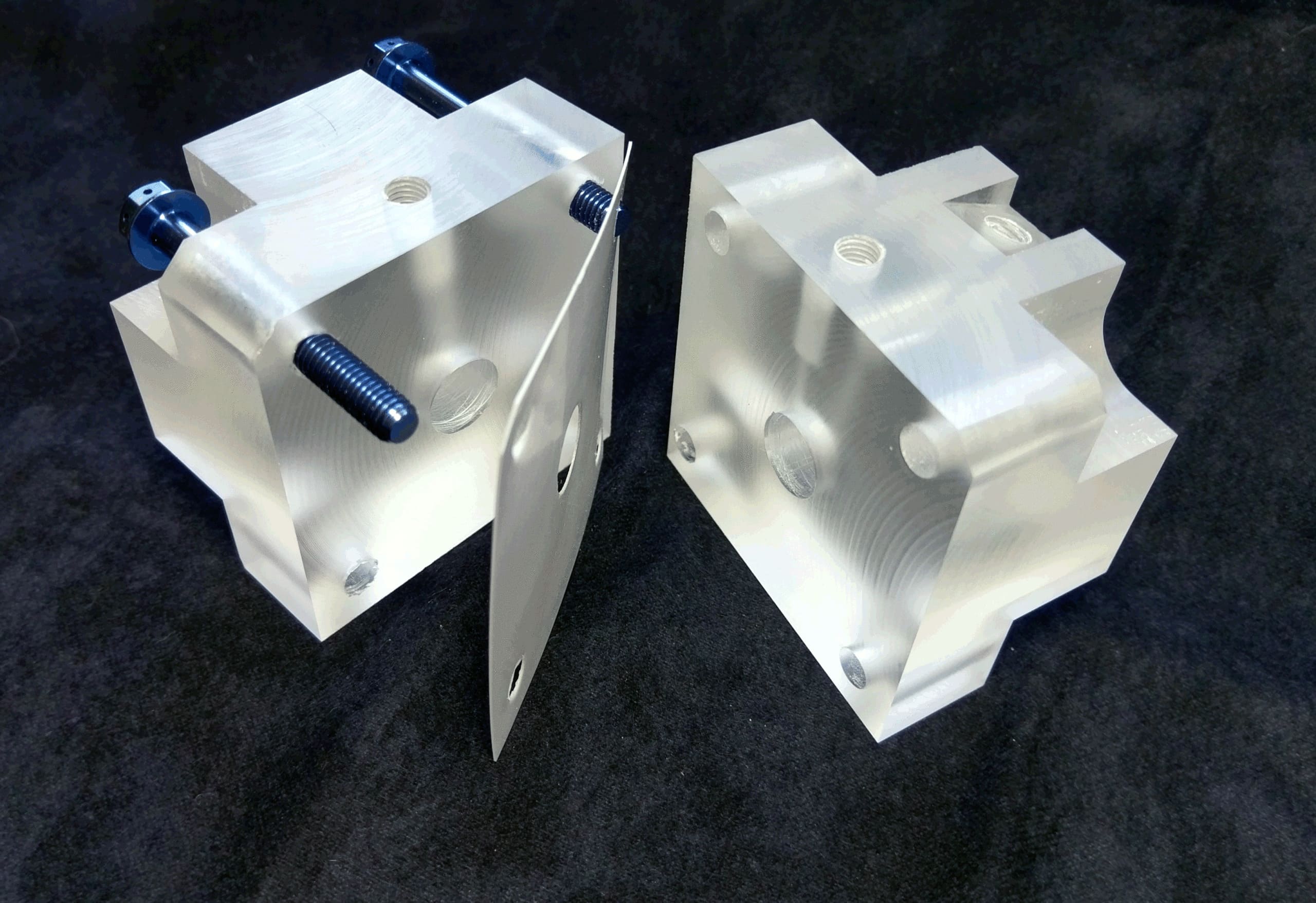Contract Research Organization
We specialize in offering a targeted range of analytical microbiological and pharmacological assays that play a pivotal role in advancing the development of groundbreaking antibiotics.
Our comprehensive services encompass a suite of In-vitro assays, In-vivo assays, and In-vitro pharmacokinetics, providing you with critical data and insights to drive innovation and progress in the field of pharmaceutical research.
At Promiliad Biopharma, we are committed to delivering precise and reliable results, enabling you to make informed decisions and revolutionize the world of medicine. Partner with us to embark on a journey of transformative discoveries and contribute to a healthier future.
We provide pre-clinical antibiotic research services.
We offer a focused set of analytical microbiological and pharmacological assays that provide critical data for the development of new antibiotics.
These services include:
In-Vitro Assays
- Antibacterial potency (minimum inhibitory concentration) against ESKAPE* pathogens and clinical isolates.
- Cell Toxicity against mammalian cell lines.
- AMES mutagenicity testing.
- Antibiotic stability in microsomal preparations.
In-Vivo Assays
- Maximum tolerated dose in the mouse.
- Pharmacokinetics in the mouse and rat.
In-Vitro Pharmacokinetics
We can measure the response of a bacterial culture to any antibiotic time vs. concentration profile, be it a profile based on in-vivo pharmacokinetic data or a designed profile that is not possible to achieve in an animal model.
* ESKAPE pathogens are the ones of greatest clinical importance; pathogens for which antibiotic resistance is a significant issue:
Quality Results Thanks to the Kinetocell Technology
The Kinetocell offers access to pharmacokinetic data that is unavailable through other CRO’s.
The in-vitro pharmacokinetic data allows for the optimization of antibiotic dosing regimens prior to initiating expensive efficacy studies in animals.
This allows for direct replacement of some animal studies with a non-animal model and great refinement of other animal studies, reducing the number of animals needed. Reducing animal studies reduces regulatory burden and expense for antibiotic development.

Our Technology vs. Traditional Studies
Traditional Pharmacodynamic Studies

The Kinetocell is a new device for conducting in-vitro pharmacodynamics studies. Traditionally, in the development of a new drug, animal models are used to determine the fate of that drug. This includes determining how long it lasts in the body and how long its concentration remains above the level needed to achieve a desired effect. This data is used to inform drug design to make more effective drugs. In particular, the data is used to choose doses for animal studies, that is both how much drug to give and how often.
Kinetocell Technology

The Kinetocell allows us to grow a bacterial culture and expose it to an antibiotic in a manner where we can completely control the concentration of the antibiotic over time. We can exactly mimic the concentration-time profile that a drug has in an animal model. We can make concentration-time profiles that are unachievable in an animal so we can obtain fundamental data for improving a drug.
Extended Half Lifes
Imagine a drug that unfortunately has a short half-life. Would such a drug be effective if the half-life were longer? In the Kinetocell we can artificially set the half-life of the drug to such a longer value and determine if the drug is effective. If so, then extra design work to improve the drug would be worthwhile. The Kinetocell can be used to inform critical go/no-go decisions in drug development programs.
High Concentration Testing
The Kinetocell can be used to determine the most appropriate properties of an antibiotic for dosing design. For example, some antibiotics need to reach a high concentration, some need to be at a concentration over a minimum value for as long as possible. The Kinetocell allows us to answer such questions without using animal models.
Reduce, Refine, Replace
The most significant ethical consideration in the design of animal models is encompassed in the “three R’s” – reduce, refine and replace. The Kinetocell allows us to replace animal studies with an effective non-animal alternative. Eliminating animal studies leads to great cost savings and a significant reduction in regulatory burden.
Precision Results
We are confident that the precision and accuracy of data coming from an in-vitro model is significantly better than an animal model in addition to being cost effective.

